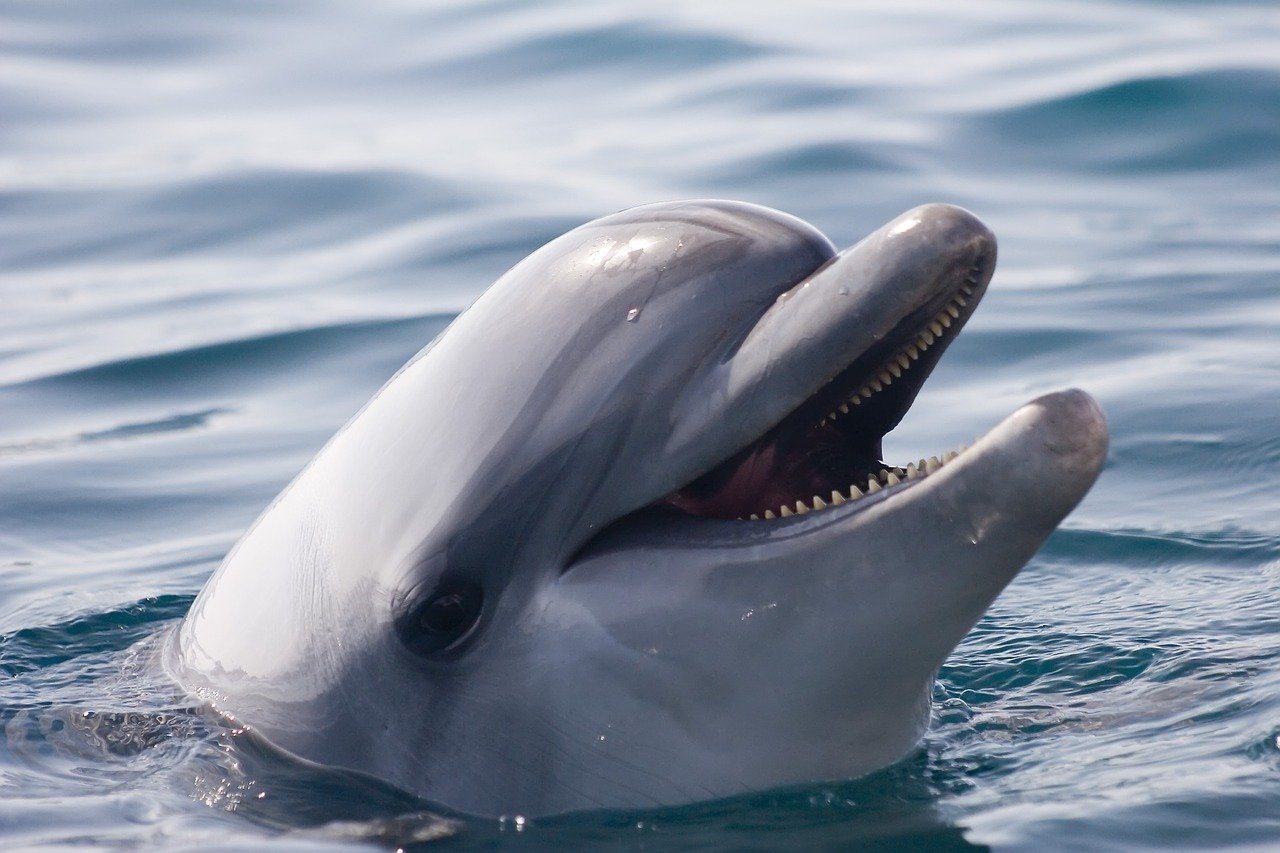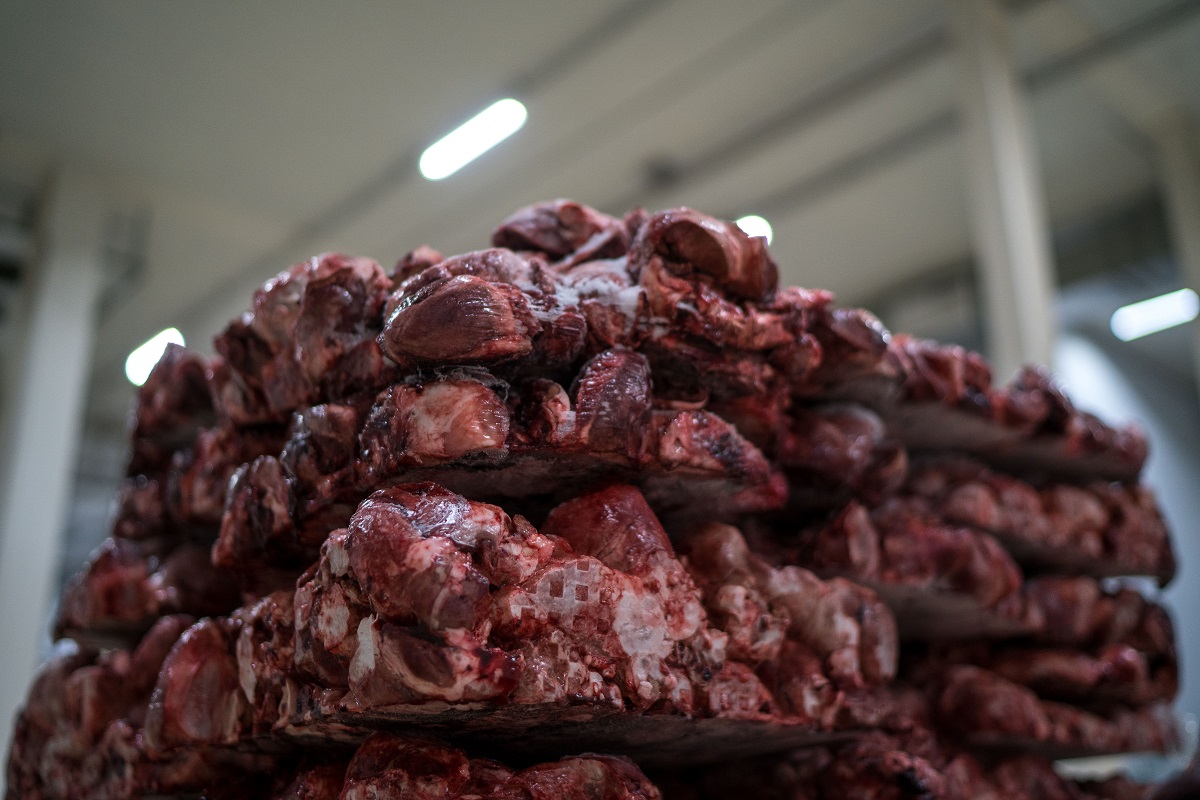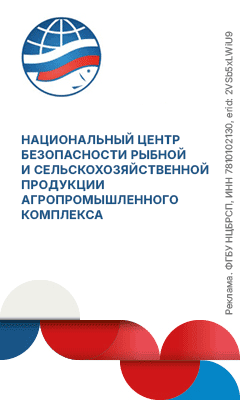"The capture of whales, dolphins and porpoises for cultural and entertainment purposes is prohibited," says the draft. According to the document, the capture of whales, dolphins and porpoises will be allowed for educational purposes. The draft bill notes that at the same time, the use of whales, dolphins and porpoises that are already kept in captivity for cultural, entertainment and public display purposes will be prohibited.
It must be noted that the Russian State Duma adopted legislation aimed to ban industrial and coastal fishing of whales, dolphins and porpoises during its third, final reading at a plenary session on December 15, 2021. However, according to the bill’s sponsor, the deputy Svetlana Bessarab, Russia has stopped coastal and industrial fishing of cetaceans since 1987. But capture of dolphins and whales for cultural and entertainment purposes continues. Therefore, a new draft bill has been developed and submitted to the State Duma for consideration.
“The ban on capture (fishing) of marine mammals for cultural and entertainment purposes will stop replenishment of dolphinariums, marine circuses, etc. with marine animals taken from the wild,” the sponsors of the bill explained. However, it may be possible to replenish dolphinariums with animals that were born and bred in captivity.
The sponsors of the bill reminded that the President of Russia welcomed the initiative to ban capture of cetaceans for cultural and entertainment purposes at the session of the Human Rights Council on December 9.
The State Duma Committee on Agriculture received 1.5 million applications in support of this initiative, says the explanatory note.
The State Duma deputies gave the example of the experiences from other countries. For instance, 19 EU countries banned stationary and mobile dolphinariums, another 17 countries banned the use of dolphins for entertainment purposes. Among them are Ukraine, Brazil, Argentina, Haiti, India, Iran and Canada. Mexico and Chile banned import and export of marine mammals and also their capture from the wild. Israel banned import of dolphins for entertainment purposes, while Switzerland has banned import of live cetaceans since 2012.
The sponsors of the bill also stressed that seven species of cetaceans have been included in the Red Data Book of the Russian Federation as either endangered or at risk of extinction. Three species of cetaceans have been listed as decreasing in number, and the other four have been assigned status of rare species.
The deputies reminded that the decision to amend the legislation came after the authorities had discovered a “whale prison” in the Srednyaya Bay located in the Primorsky Krai, where 11 orcas and 90 belugas were kept in terrible conditions. The authorities further uncovered that the marine mammals were caught in violation of domestic laws.










